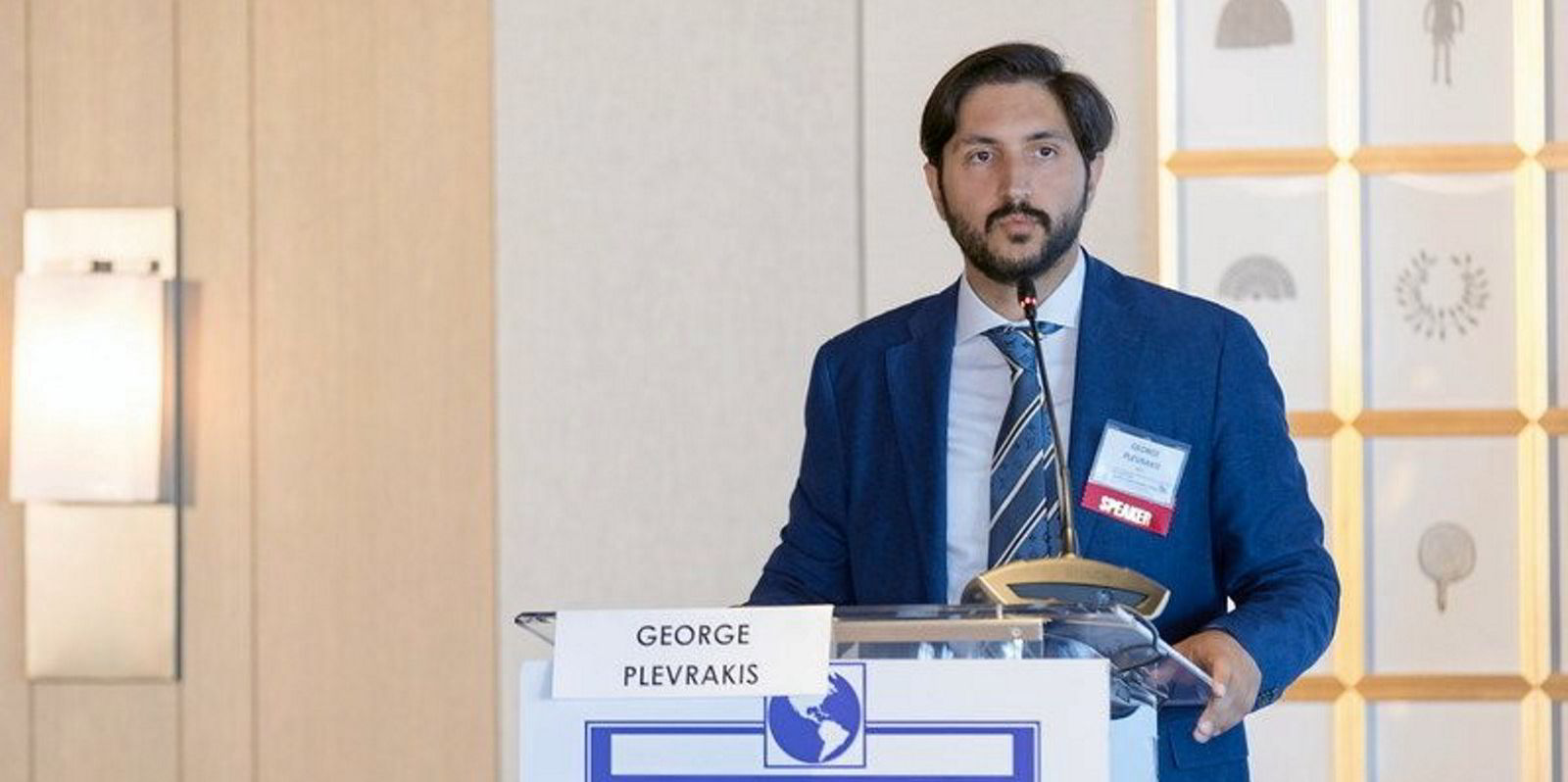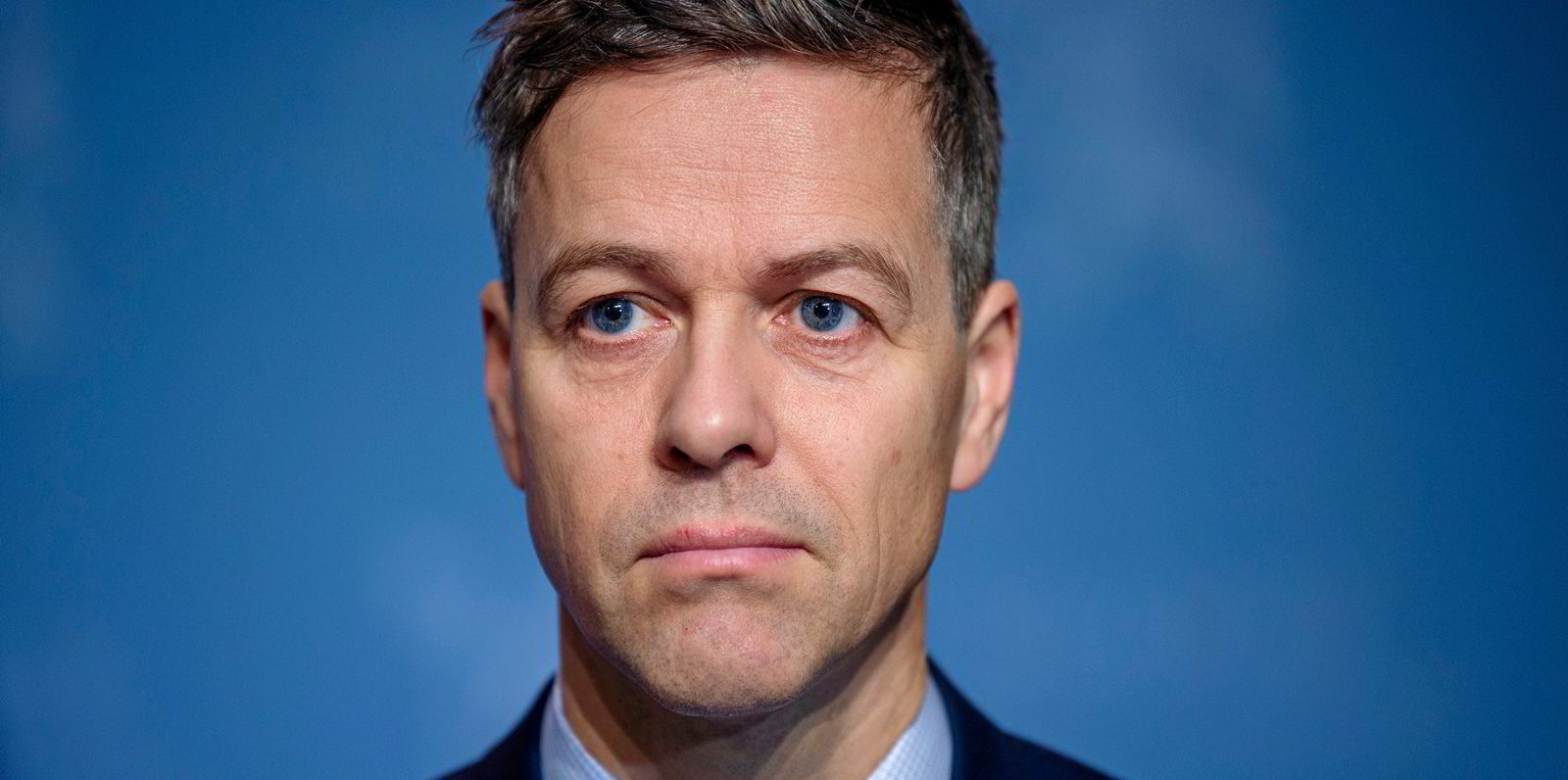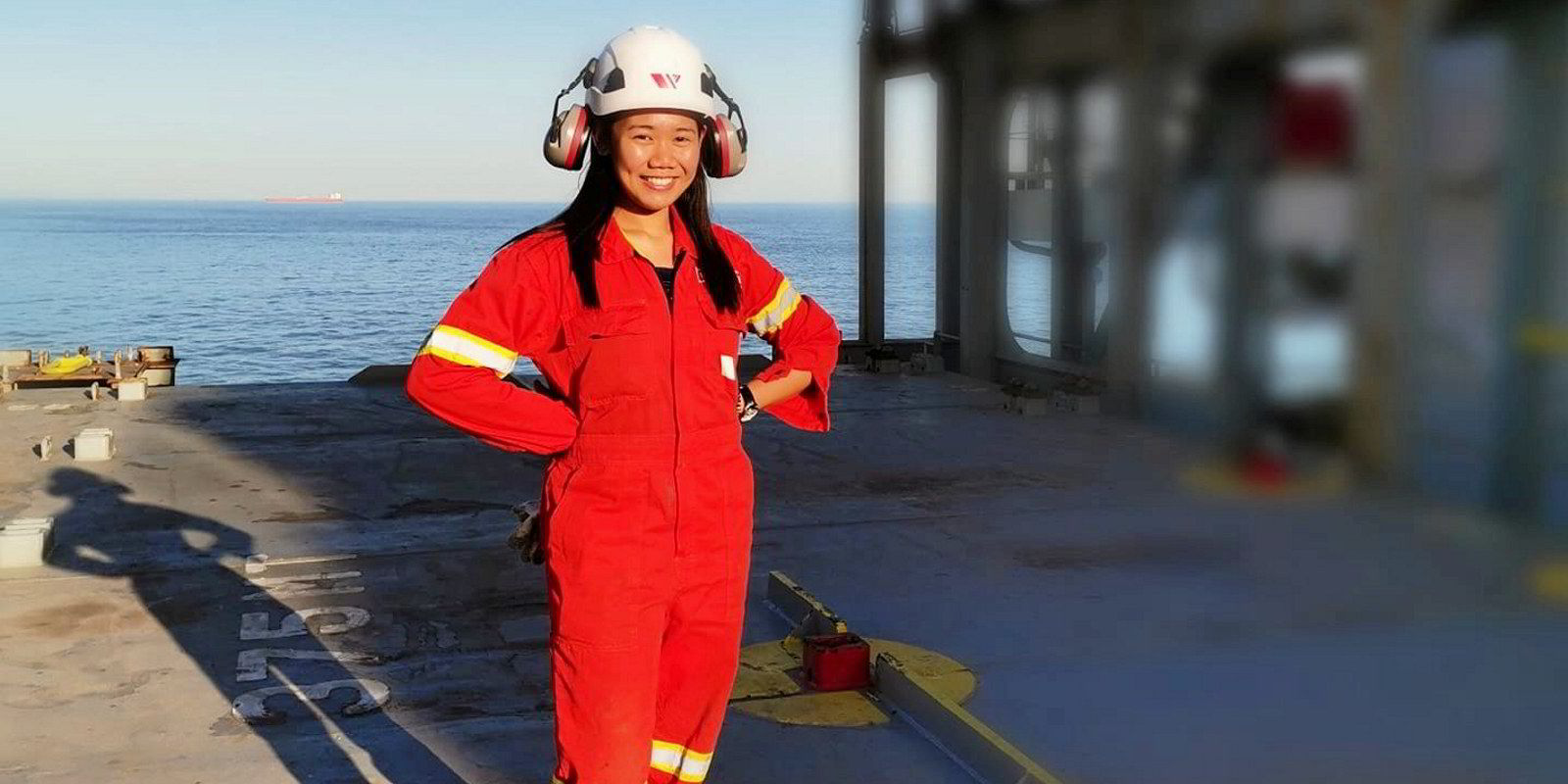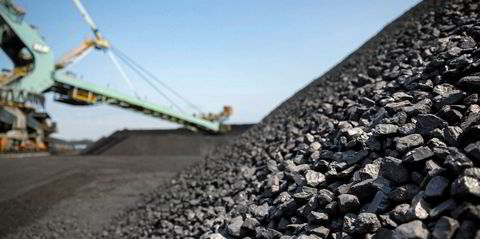The adoption of alternative fuels in shipping will require the industry to rapidly progress a series of pilot studies and design new training protocols in order to collect the data needed to guide their safe implementation.
Research by the Maritime Technologies Forum (MTF) has concluded there is a critical knowledge gap between the perceived feasibility of alternative fuels such as bio-methanol and green ammonia and their readiness for adoption.
The MTF — a group of flag states and classification societies — undertook the research as a collaborative exercise that sought to assess the feasibility of the alternative fuels expected to support the decarbonisation of the maritime industry.
Four fuels were selected for assessment, fossil marine gas oil (MGO), fossil liquefied natural gas (LNG), bio-methanol and green ammonia.
The framework covers eight categories of evaluation: sustainability and environmental, safety, security, economic feasibility, regulatory, people, technology status and engineering.
The research found insufficient data around three key criteria required for the application of green ammonia and bio-methanol sustainability and environmental, economic feasibility and people.
The MTF report, which colour codes issues such as safety, emissions and availability of fuels, concluded that while the alternative fuels scored higher in terms of sustainability, their resilience to disruption was clearly much lower than the fossil-based fuels with an established supply and value chain.
The resulting heatmaps provide stakeholders with simplified identification of hot spots that require more attention, helping guide future industry efforts.
Bio-methanol and green ammonia perform better with regards to greenhouse gas (GHG) emissions and ecological impact during production when compared to fossil MGO and fossil LNG.
In addition, bio-methanol performs better among the four fuels in terms of ecological impact as it pertains to storage and distribution.

The study found that there is insufficient data on production and availability of green ammonia and bio-methanol - and in both cases, the corresponding economic feasibility criteria are not met.
While regulations can incentivise the uptake of alternative fuels, there are numerous obstacles to be faced. Alternative fuels must also overcome a number of challenges to achieve economic feasibility. This in particular suggests the need to prioritize more research and pilot projects to gain practical experience and scale.
Finally, because the introduction of alternative fuels will lead to a paradigm shift in shipboard operations compared to the established operations involving fossil fuels, there is a need for development of skills and competencies and the establishment of new training modules with corresponding certification to help fill the knowledge gap.
The latter exists for LNG and methanol but would benefit from further development while for ammonia there is a lack of training in place due to insufficient experience and data. New modules and certification will be needed to reflect the particular risks and requirements for handling ammonia.
While it is not unknown for class societies to collaborate, often with the support of flag states, the MTF research underscores the commonality of the view that considerable work remains to be completed before alternative fuels can be safely adopted.
In the future, we expect to apply the framework to additional fuels such as hydrogen and other biofuels including their production pathways to have a more complete view to support industry in making more informed decisions.
The research does not advocate for one fuel type over another; most stakeholders agree achieving decarbonisation will necessitate using all the options available.
Rather by applying MTF’s framework to alternative fuels the report provides a critical snapshot on readiness and identifies the gaps where we need to refine our focus and increase our research efforts if we are to develop economic and technologically feasible fuel options.
Georgios Plevrakis is ABS vice president for sustainability
Knut Arild Hareide is director general of shipping and navigation at the Norwegian Maritime Authority






